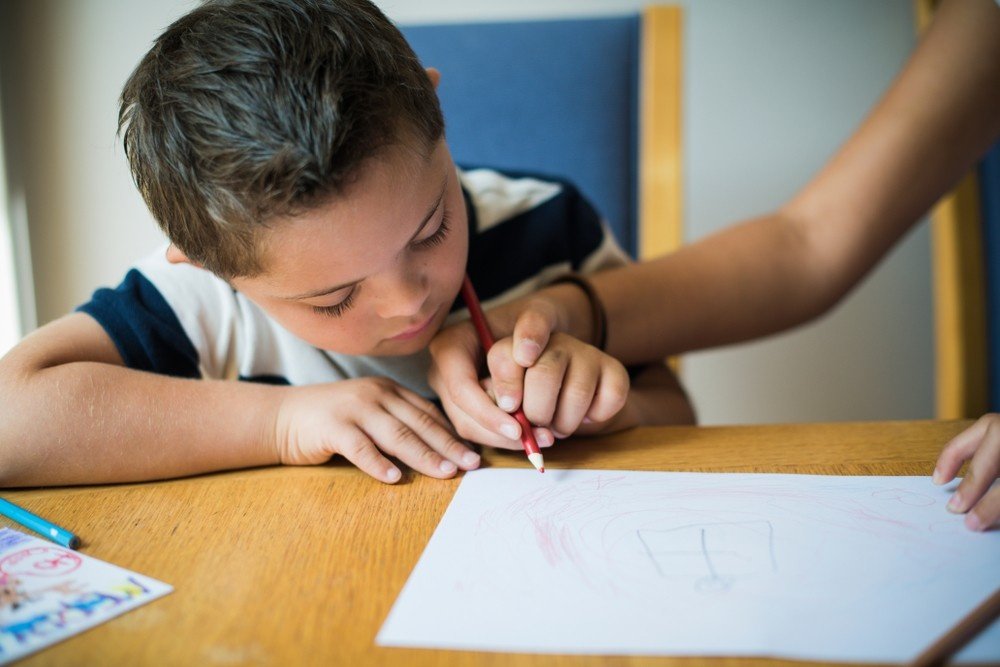Intellectual disability (or ID) is a term used when a person has certain limitations in cognitive functioning and skills, including conceptual, social and practical skills, such as language, social and self-care skills. These limitations can cause a person to develop and learn more slowly or differently than a typically developing person. Intellectual disability can happen any time before a person turns 22 years old, even before birth.


Delayed or slowed learning of any kind (such as in school or from real-life experiences).

Slowed reading speed.

Difficulties with reasoning and logic.

Problems with judgment and critical thinking.

Trouble using problem-solving and planning abilities.

Distractibility and difficulty focusing.

Slower learning of toilet training and self-care activities (bathing, dressing, etc.).

Slower social development.

Little or no fear or apprehension of new people (lack of “stranger danger” behaviors).

Needing help from parental figures or other caregivers with basic daily activities (bathing, using the bathroom, etc.) past the expected age.

Difficulty learning how to do chores or other common tasks.

Trouble understanding concepts like time management or money

Trouble understanding social boundaries.